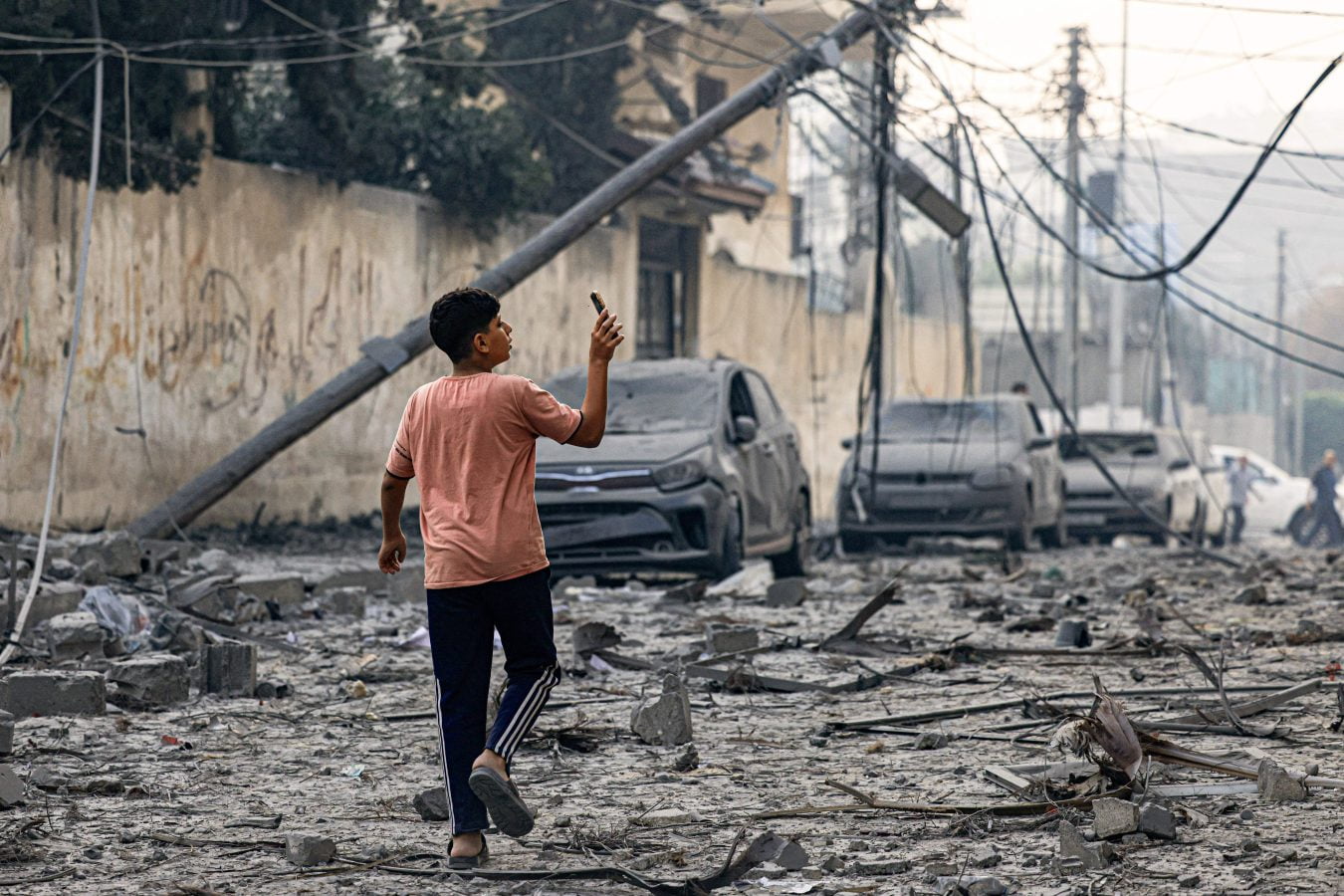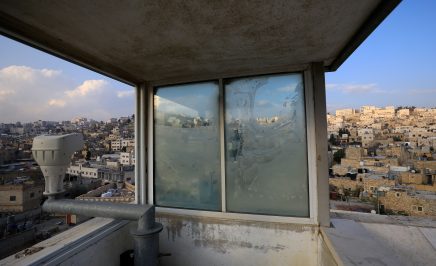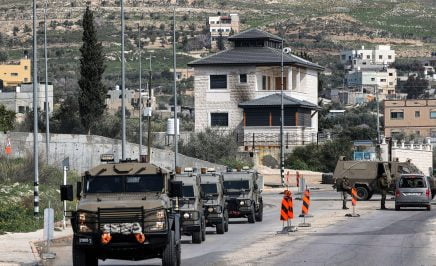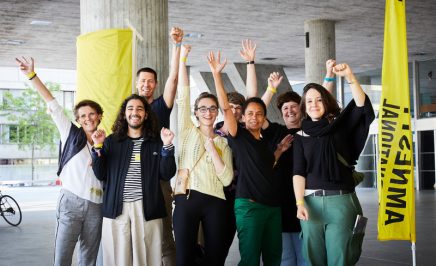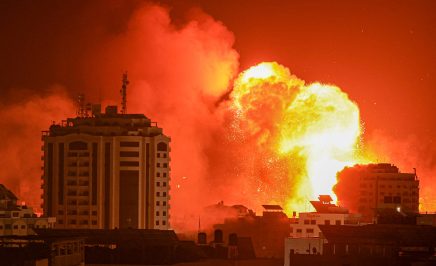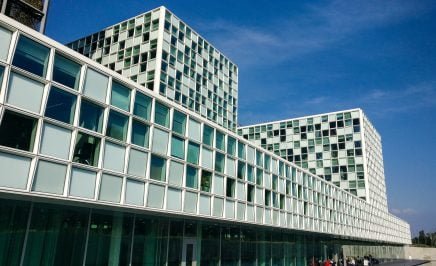Since the escalation of violence in Israel and the Occupied Palestinian Territories in October, Amnesty International has been collecting evidence. Our crisis response team is investigating and documenting human rights violations, gathering evidence that can later be used to hold perpetrators accountable.
We’re closely monitoring hostilities by both the Israeli authorities and Palestinian armed groups. We’re also using information from Palestinian and Israeli human rights organisations, as well international NGOs and UN agencies, to help identify patterns of violations and cross-check specific incidents.
How does Amnesty do its research?
Amnesty conducts investigations into violations of international law in armed conflicts. We do this work both on-site and remotely.
Our fieldworkers spend thousands of hours on the ground in conflict zones. We work with trusted local contacts to gather testimony, speaking to eyewitnesses and family members of those who have been killed. We source evidence from local authorities, journalists and aid organisations, which is then rigorously examined in our Crisis Evidence Lab.
How our Evidence Lab verifies evidence from the Gaza-Israel conflict
The Evidence Lab collects and analyses material for evidence of violations of international law. This material includes satellite imagery, video footage and photos of air strikes and other attacks, and of the aftermath of these attacks, as well as images of weapons remnants. Where possible, evidence is corroborated by interviewing witnesses to the attacks.
Since October, Amnesty has found evidence of multiple war crimes by both Israeli authorities and Palestinian armed groups. These include:
- Hamas and other Palestinian armed groups’ killing and kidnapping of civilians on 7 October.
- Israeli Defence Forces (IDF) carrying out direct or indiscriminate attacks on civilians in Gaza using munitions supplied by the US.
- Unlawful use of white phosphorous by the IDF in civilian areas of Lebanon.
- IDF attacks on hospitals, refugee camps, churches and other civilian objects in Gaza.
- The cutting off of food, fuel, electricity and water to Gaza’s civilian population.
What is Amnesty’s Evidence Lab?
Part of Amnesty’s Crisis Response Program, the Evidence Lab brings together open source and visual investigators, remote sensing experts, weapons analysts, data scientists, developers and other experts to conduct digital investigations and tell the stories of people most affected by conflict.
The Evidence Lab website provides an online space to share best practices, new techniques, resources and guides, helping human rights investigators to take advantage of the vast amount of information that is shared online every day.
Find out more about how it works or visit the Evidence Lab.
Why is Amnesty’s research work important?
There’s a well known saying that truth is the first casualty of war. In 2023, when digital technology allows the spread of misinformation and disinformation at the click of a button, this has never been more true. It’s crucial that we’re able to provide an accurate account of events, combating the false narratives that run rampant during conflicts and other crisis situations.
Explore our toolkit on challenging misinformation in the Gaza Crisis.
The evidence we gather can later be used to hold perpetrators to account. The international community has developed specialised courts for this purpose, such the International Criminal Court (ICC) and the International Court of Justice (ICJ). It’s also important that the public is well informed so that we can take collective action to support those impacted by human rights violations.
There’s another important function of our gathering and verifying evidence. We help to tell the stories of people who are directly affected by these crises and to give them a voice.
